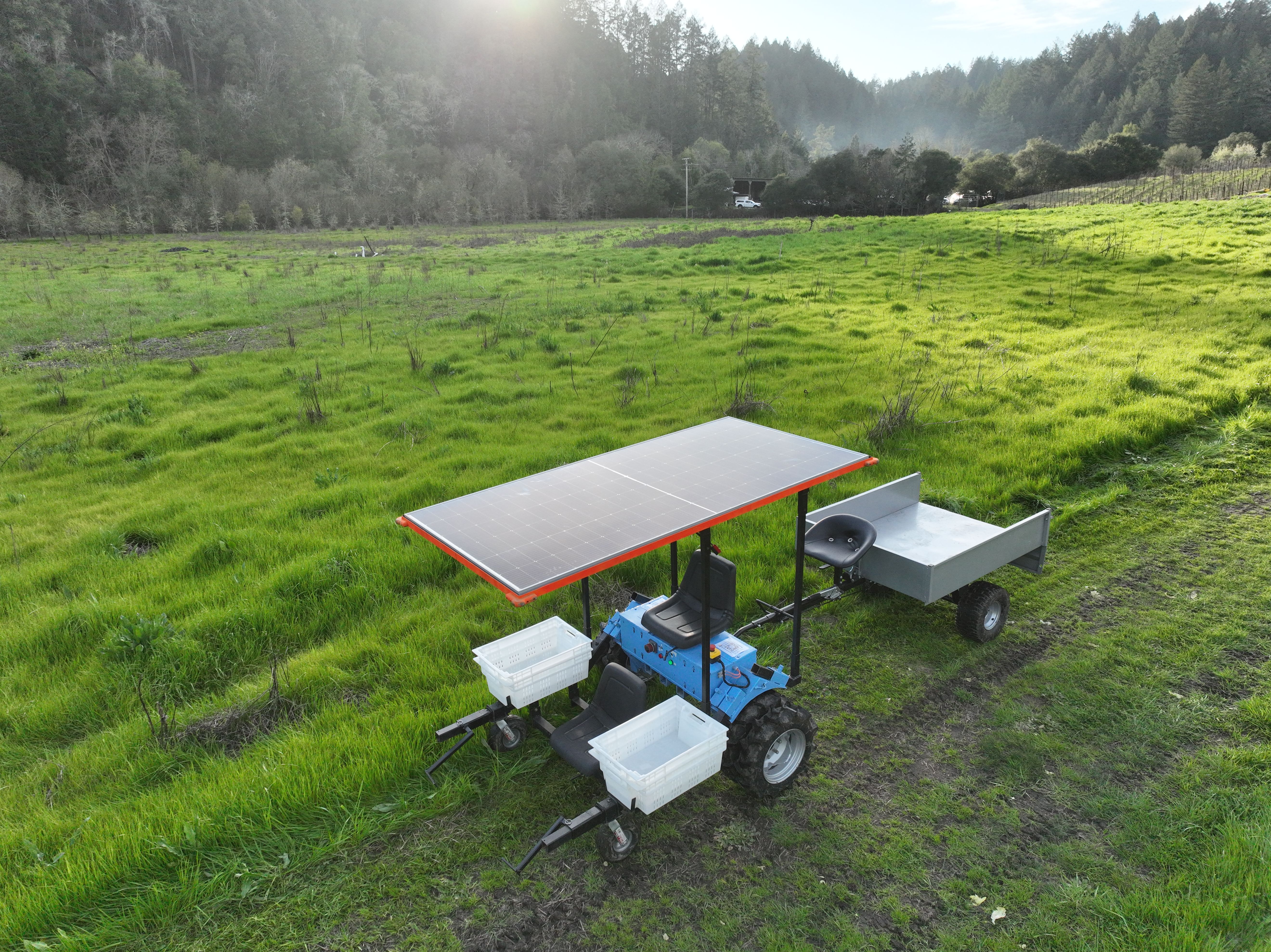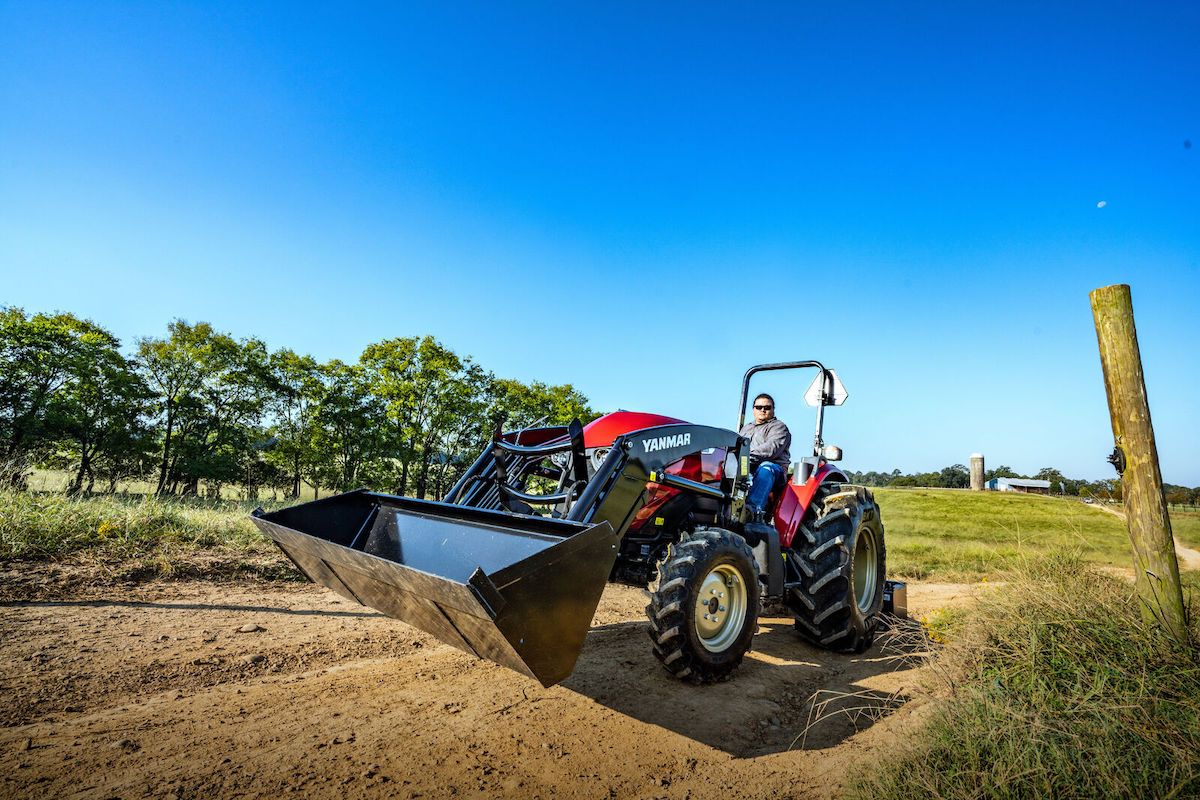Modern agriculture is undergoing a major shift, and electric tractors are at the center of this transformation. Once considered experimental, these machines are now proving to be practical, powerful, and essential for farmers who want to reduce costs and embrace sustainability. By replacing diesel with clean energy, electric tractors cut emissions, minimize noise pollution, and align farming practices with global environmental goals.
Companies like Renewables.com are helping lead this transition, giving farmers access to reliable, eco-friendly equipment designed for real-world agricultural demands.
Why Farmers Are Turning to Electric Power
Agriculture has always been tied closely to energy use. For decades, diesel engines powered nearly every aspect of farm work, from plowing and seeding to hauling and harvesting. But with rising fuel prices and growing concern about the effects of carbon emissions, farmers are now looking for alternatives that are both affordable and environmentally responsible.
Electric tractors answer that need. They offer:
- Zero emissions at the point of use
- Lower long-term operating costs compared to diesel
- Quieter performance for improved working conditions
- Compatibility with renewable energy sources like solar charging
These benefits are not just about improving efficiency they represent a cultural and economic shift in how farms operate.
A Brief Look Back: How We Got Here
Electric tractors aren’t a brand-new invention. Early prototypes appeared decades ago, but the technology wasn’t advanced enough to make them practical. Batteries were too weak, and electronic components were in their infancy.
That has now changed. With advances in battery storage, solar energy, and electronics , the idea of powering tractors without fossil fuels has gone from a futuristic concept to on-farm reality. Today, many farmers see electric equipment as a smart long-term investment rather than a gamble.
Electric Tractors at Work
At Renewables.com, electric tractors are built to handle everyday jobs such as:
- Preparing soil beds
- Seeding and weeding
- Mowing and harvesting
- Hauling and transport tasks
Instead of relying on diesel, these machines are powered by solar-charged batteries. This allows farms to cut down on fuel expenses and reduce their reliance on fossil fuels.
Another benefit is the quiet operation. Traditional tractors generate significant noise, which can disrupt livestock, farm workers, and surrounding communities. Electric tractors run smoothly and quietly, making farms more comfortable places to work.
Electric vs. Diesel: The Comparison Farmers Care About
When farmers weigh new technology, performance and cost are usually the deciding factors. The good news is that electric tractors are increasingly competitive on both fronts.
- Performance: Electric models offer instant torque compared to diesel tractors.
- Maintenance: With fewer moving parts, electric tractors often require less servicing.
- Fuel Costs: Electricity, especially when sourced from solar, is far cheaper than diesel over time.
- Sustainability: Zero-emission machines help farms align with sustainability goals and future regulations.
For farms looking ahead, this isn’t just about replacing machines, it's about building a system that’s resilient, future-proof, and eco-friendly.
Key Takeaways
- Electric tractors are no longer experimental — they’re practical, reliable, and ready for modern farms.
- Advances in battery and renewable energy technology make electric tractors an affordable long-term investment.
- Switching to electric helps farms cut emissions, reduce fuel costs, and improve working conditions.
- Farmers who adopt electric machinery today will be ahead of the curve as the industry shifts toward sustainable agriculture.
Pro Tip
If you’re considering electric equipment, explore how solar charging systems can integrate with your farm operations. This pairing maximizes the financial and environmental benefits of switching from diesel to electric.
Conclusion
Electric tractors are more than a passing trend; they are the future of farming. By replacing diesel with renewable power, they give farmers the tools to stay competitive while reducing environmental impact. As technology improves, electric tractors will become an even greater part of agriculture worldwide.
For farms of all sizes, the message is clear: the future is electric, and the shift has already begun.



